
Ongoing reductions in cancer services and the impact of lockdown through the COVID-19 pandemic have created an increased burden on the wellbeing of the family and friends of people affected by cancer, a new study concludes.
The study, entitled ‘Evaluating the impact of COVID‐19 on supportive care
needs, psychological distress and quality of life in UK cancer survivors and their support network’ was led by Professor Nick Hulbert-Williams from the University of Chester’s School of Psychology, in collaboration with cancer charity Maggie’s and the Department of Surgery and Cancer at Imperial College London.
The research compared responses from two surveys of visitors to Maggie’s Cancer Support Centres around the UK which measured participants’ unmet supportive care needs, psychological wellbeing, and quality of life – one conducted in 2019 and one from after the onset of the pandemic in late spring and early summer 2020.
The findings indicated that, at the time of the survey, the psychological wellbeing of people being treated for cancer was no worse compared with 12 months earlier, but changes caused by pandemic restrictions were having a significant impact on the quality of life of their family and friends, some of whom may have been forced to step into the role of informal carer.
In addition to the impact on the support network of those affected by cancer, the study suggests that the unmet needs of the study participants had changed. Participants who were cancer patients reported being less concerned by their physical care and daily living needs, but reported an increase in their psychological, care and support, and information needs. Amongst their family and friends, the most increased need related to involvement in decision-making about the treatment of the person with cancer.
Professor Hulbert-Williams, Co-Director of the University of Chester’s Centre for Contextual Behavioural Science, explained: “The survey highlights a number of key findings.
“Firstly, whilst more than 95% of our patient sample had not had COVID-19, over half reported that their treatment and care had been impacted. There is widespread confusion about whether these changes will be permanent, and exactly what the consequences of this may be.
“More than 40 per cent were unclear about the implications for treatment‐related side‐effects. Almost half of our participants were unclear about whether these changes were temporary, and about the impact on their likely prognosis and survival.
“What was especially surprising to us was that psychological wellbeing of the cancer survivors in our study was no worse, and their quality of life was better than that reported by the pre-pandemic participants. However, the wellbeing of their immediate support network – their relatives and friends — was worse, with small increases in anxiety, depression and stress and a significant impact on their quality of life.
“We believe that this may indicate that cancer patients are relying more on their own support networks to compensate for the lost availability of access to hospital-based cancer care. Whilst this is protecting the patient’s wellbeing, it may also be contributing to increased informal caregiver burden.
“The impact of the pandemic has changed as people have adjusted to social distancing and the ongoing health threat, and so it is possible that these findings which offer a snap-shot of life for people affected by cancer early in the pandemic may now be different. This nonetheless highlights the importance of cancer care teams being aware of the psychological impact of the pandemic, and signposting patients and members of their support networks to appropriate support services.”
Pictured - Professor Nick Hulbert-Williams, Co-Director of the University of Chester’s Centre for Contextual Behavioural Science.

 People in Chester are invited to join a singing celebration to mark Global Intergenerational Week
People in Chester are invited to join a singing celebration to mark Global Intergenerational Week
 St George returns to Chester on Tuesday 23rd April
St George returns to Chester on Tuesday 23rd April
 Man jailed for stalking Chester MP
Man jailed for stalking Chester MP
 Hundreds of well-dressed ducks gear up for Chester Duck Race
Hundreds of well-dressed ducks gear up for Chester Duck Race
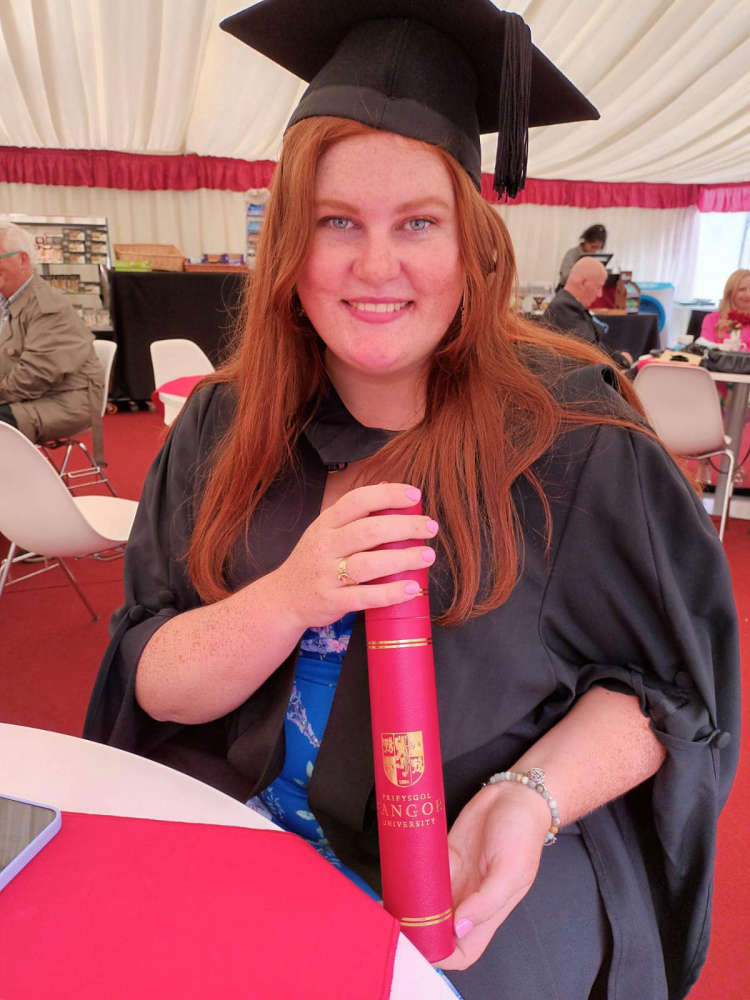 Police appeal for witnesses to fatal collision in Elton as family pay tribute
Police appeal for witnesses to fatal collision in Elton as family pay tribute
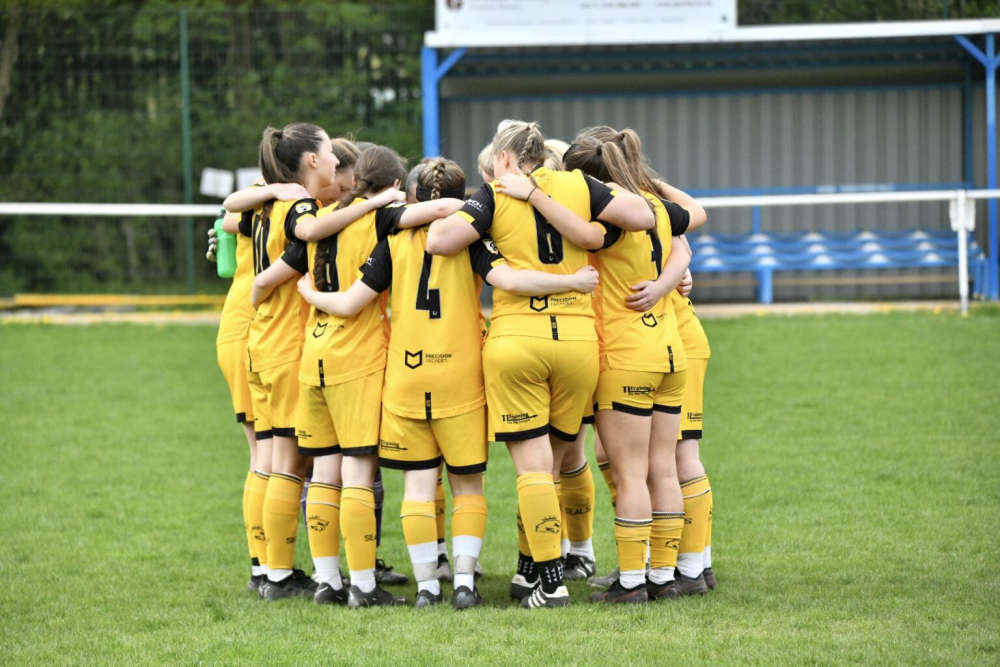 MATCH REPORT: WYTHENSHAWE 4 - 2 CHESTER FC WOMEN
MATCH REPORT: WYTHENSHAWE 4 - 2 CHESTER FC WOMEN
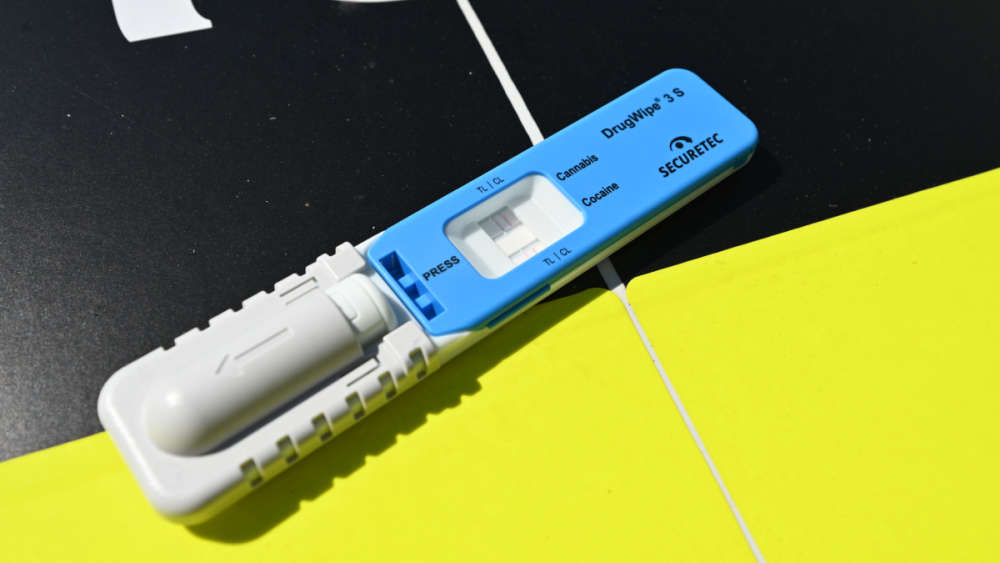 Cheshire Police among top performing forces for tackling drink and drug driving
Cheshire Police among top performing forces for tackling drink and drug driving
 ROLES UP FOR GRABS AS CURTAIN SET TO RISE ON THEATRE COMPANY'S NEW PLAY
ROLES UP FOR GRABS AS CURTAIN SET TO RISE ON THEATRE COMPANY'S NEW PLAY
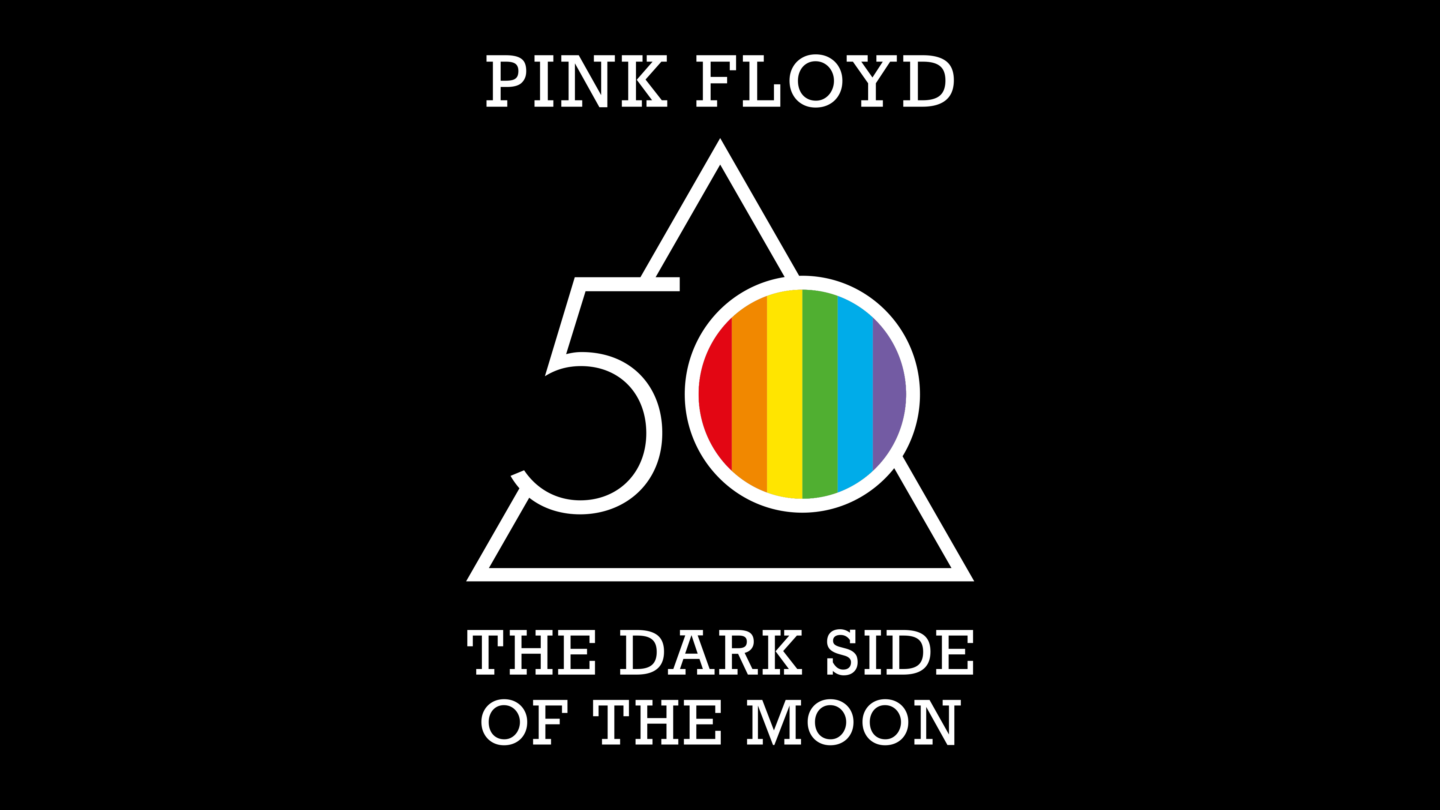 Pink Floyd: The Dark Side of the Moon returns to Jodrell Bank
Pink Floyd: The Dark Side of the Moon returns to Jodrell Bank
 Welsh Water presents to Chester Residents Associations about pollution in the River Dee
Welsh Water presents to Chester Residents Associations about pollution in the River Dee
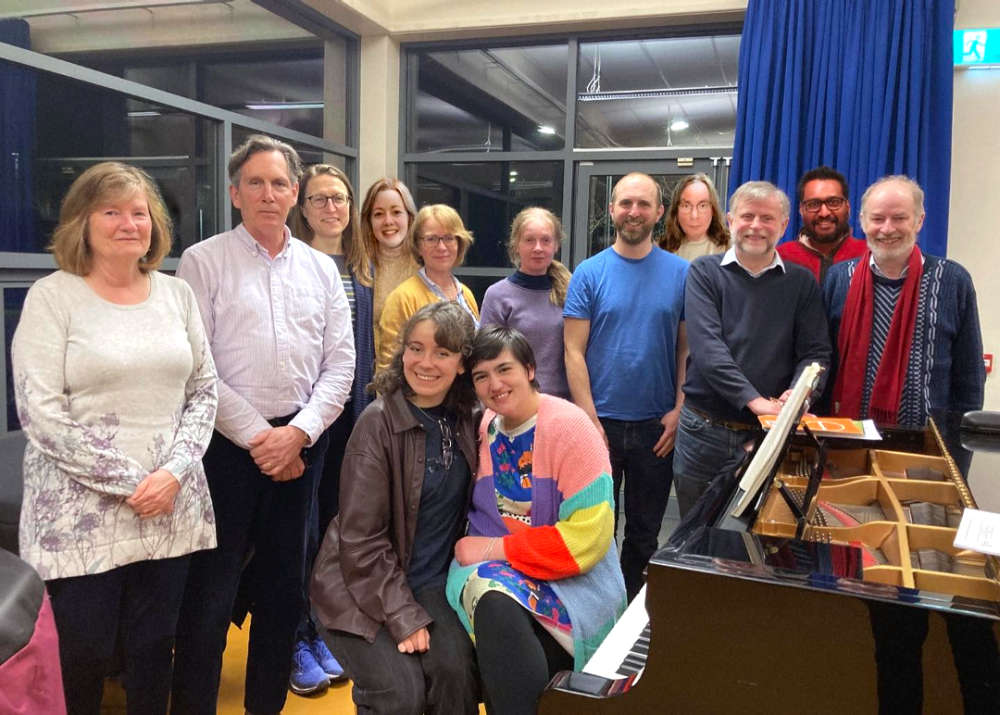 SOLOISTS SET TO SHINE DURING SPECIAL CHESTER PERFORMANCE OF HANDEL'S MESSIAH
SOLOISTS SET TO SHINE DURING SPECIAL CHESTER PERFORMANCE OF HANDEL'S MESSIAH
 Chester and Wirral Football League - Latest Results
Chester and Wirral Football League - Latest Results
 BLUES MATCH REPORT - BRACKLEY TOWN 3 - 1 CHESTER FC
BLUES MATCH REPORT - BRACKLEY TOWN 3 - 1 CHESTER FC
 Inspired Villages complete a 7,500-Mile Charity Cycling Challenge in aid of PROSTaid UK
Inspired Villages complete a 7,500-Mile Charity Cycling Challenge in aid of PROSTaid UK
 Jail term for man who stalked Chester's MP
Jail term for man who stalked Chester's MP
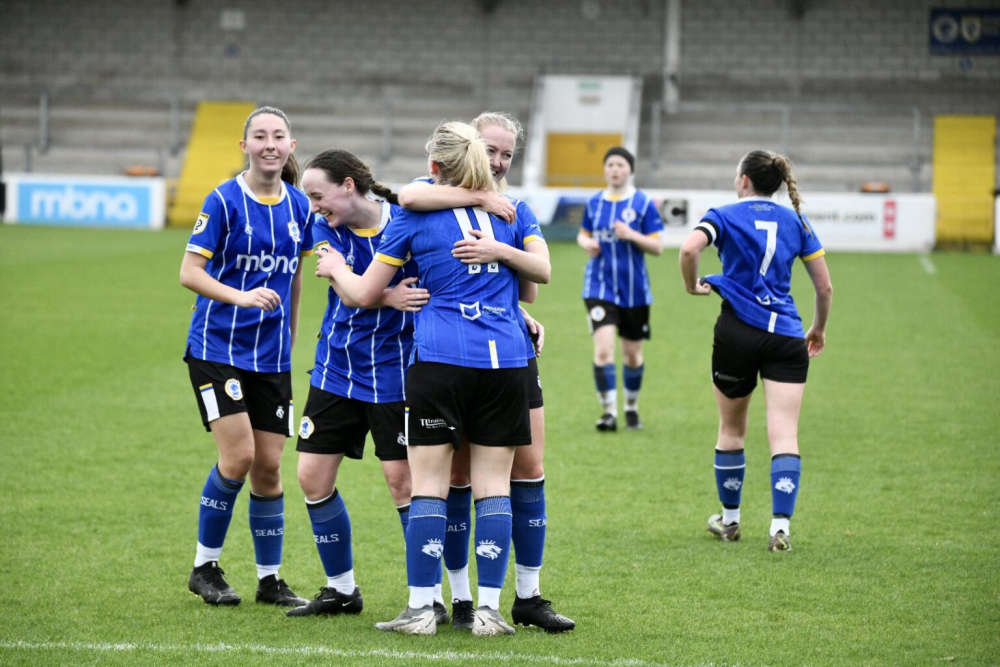 CFCW MATCH PREVIEW: WYTHENSHAWE v CHESTER FC WOMEN
CFCW MATCH PREVIEW: WYTHENSHAWE v CHESTER FC WOMEN
 BLUES MATCH PREVIEW: BRACKLEY TOWN v CHESTER FC
BLUES MATCH PREVIEW: BRACKLEY TOWN v CHESTER FC
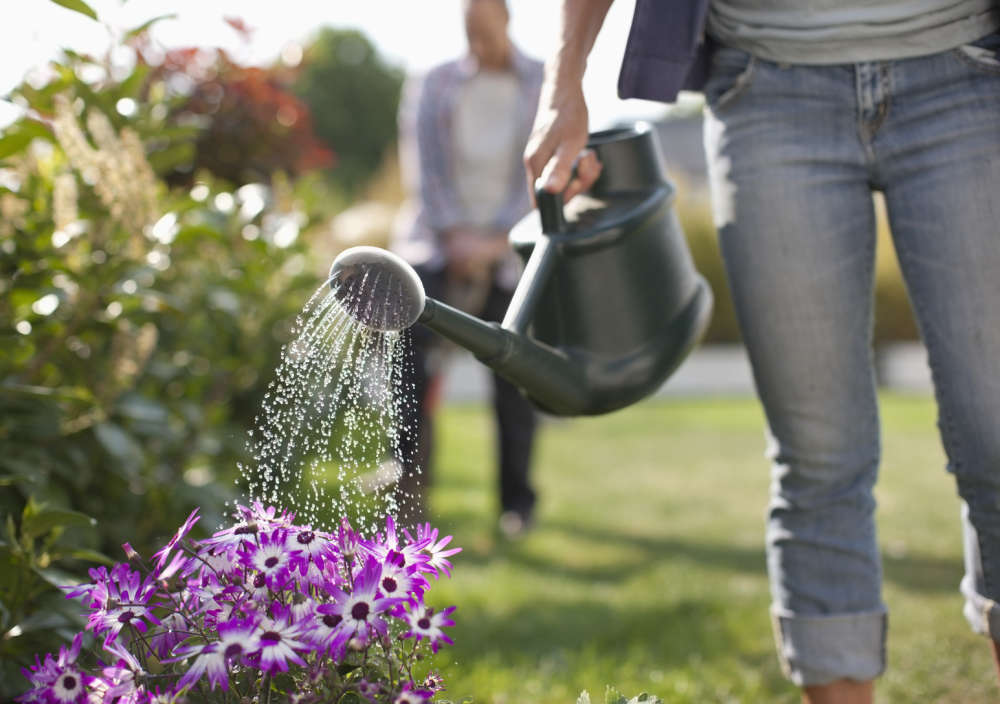 How to keep your garden healthy during hotter summers
How to keep your garden healthy during hotter summers
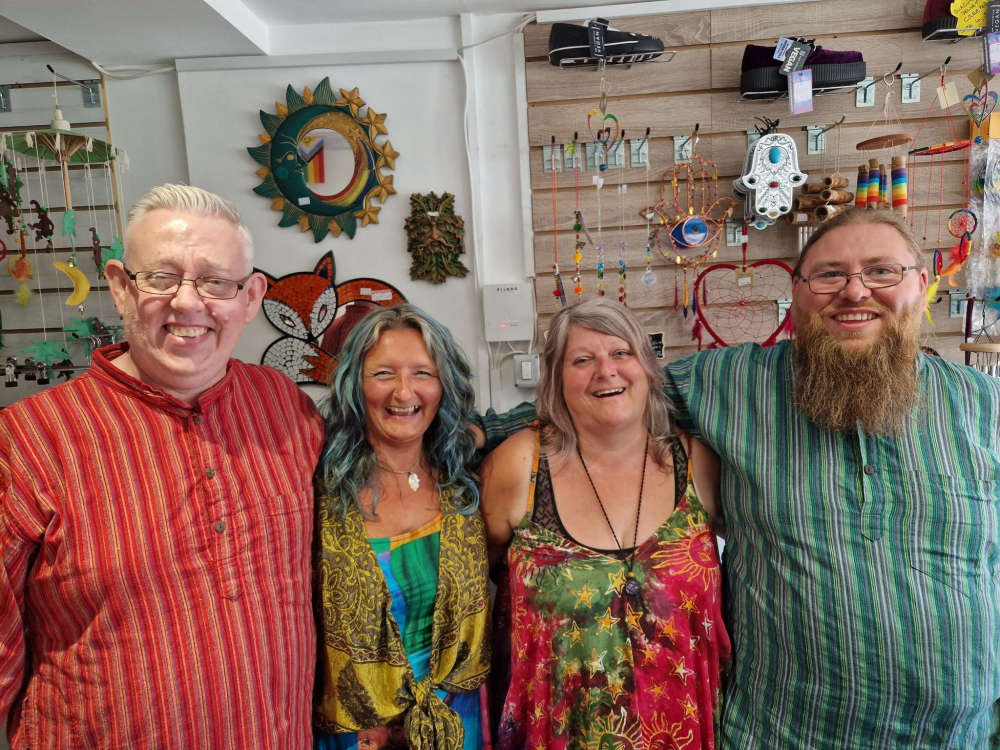 RainbowBiz CIC Announces Leadership Transition
RainbowBiz CIC Announces Leadership Transition
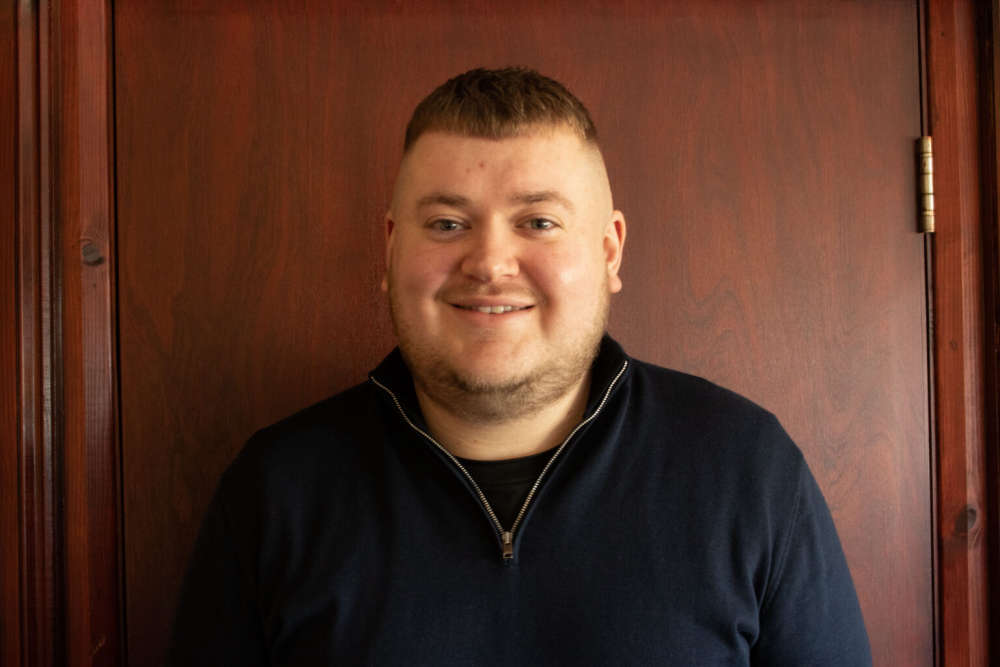 AN UPDATE FROM THE CHESTER FC'S GENERAL MANAGER
AN UPDATE FROM THE CHESTER FC'S GENERAL MANAGER
Comments
Add a comment